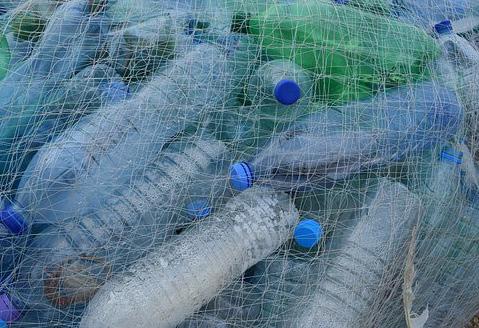ORGANIC WASTE
Turning Joburg’s organic waste into cleaner bus fuel In its drive to become a low-carbon and resourceefficient metro, the City of Johannesburg is exploring the opportunity of using biogas to fuel its buses, among other uses.
J
ohannesburg is South Africa’s largest metropolitan municipality and manages approximately 4 000 tonnes per day (t/day) of waste on average, of which over 1 000 t/day gets disposed of at Robinson Deep, in its rapidly filling landfills. Organic waste that ends up in these landfills produces greenhouse gases that are negatively affecting the environment. City council has been investigating the use of alternative waste treatment and disposal technologies to benefit the environment. One such technology is the use of anaerobic digestion to produce biogas to fuel the City’s Metrobus fleet. Darius Boshoff, managing director at Energidrop, says the project aims to utilise waste produced by the Johannesburg Fresh Produce Market (JFPM) and the City of Joburg’s other essential services, namely: • Pikitup, which provides waste management, collection and disposal services • Metrobus, which provides public transport by means of a bus service • Johannesburg City Parks and Zoo (JCPZ), which provides management, maintenance, gardening and zookeeping services • EISD – Waste Regulation and Infrastructure development. The JFPM generates enough suitable organic waste to be utilised for the biogas project. By processing this waste in a biogas plant, the City will spare more than 2 000 m³ of landfill space per year and will save the JFPM a considerable amount in waste disposal costs. Biogas technology uses a natural process involving bacteria to convert organic material into
26
FEBRUARY 2022
|
ReSource
energy. Possible feedstocks are fruit and vegetable wastes, food-processing wastes, sewage sludges from water treatment, animal by-products such as manure, industrial and commercial organic wastes, and biowaste from households. The main product of the decomposition process is methane gas, which can be used as an energy carrier in a wide range of applications – specifically biogas and biomethane, which has an increased methane composition compared to biogas. Biogas is therefore a renewable fuel comprising carbon dioxide and methane. By removing the carbon dioxide, biomethane is produced, which has a higher energy density. The biogas can be used in a variety of ways including for vehicle fuel, heating and electricity generation. The biomethane produced is equivalent to natural gas found in the gas pipelines in Johannesburg and will be used to fuel several of the Metrobus dualfuel diesel buses that can run on cleaner and less costly natural gas, hence saving the City fuel costs. The nutrients produced from the biodegraded organic matter can finally be matured at a compost site and used by the City in its public spaces and parks, saving on both compost and watering costs for the JCPZ. The additional stimulation of SMMEs to utilise compost for inner-city gardening is also envisaged. The project will generate and procure its own on-site electricity from waste heat recovery and a solar rooftop installation.
Utilising existing infrastructure The project will make use of the facilities at Robertson Deep Landfill, with the design
incorporating older and existing infrastructure at the facility. “The project will be integrating with existing gasto-energy initiatives that are already ongoing at the site but also aims to expand those in future as well.” The City has successfully implemented landfill gas-to-energy projects with private sector partner Energy Systems. At Robinson Deep Landfill and the Marie Louise Site, landfill gas is extracted, combusted and/or flared as carbon dioxide to generate electricity. The project recovers waste heat from the highly successful neighbouring Joburg landfill gas installation to heat the digesters that produce the biogas.
Catalytic value This project directly addresses a myriad of most current issues faced by municipalities in the transition to become the sustainable cities needed for the 21st century. Boshoff says the biogas and biomethane produced will prevent emissions across the whole value chain, with a threefold emissions mitigation effect: 1. They avoid emissions that would otherwise occur naturally: organic residues are taken to the controlled environment of biogas plants, preventing the emissions produced by the decomposition of the organic matter from being
The waste-to-power project will convert biomass from the Joburg Fresh Produce Market into biofuel


















